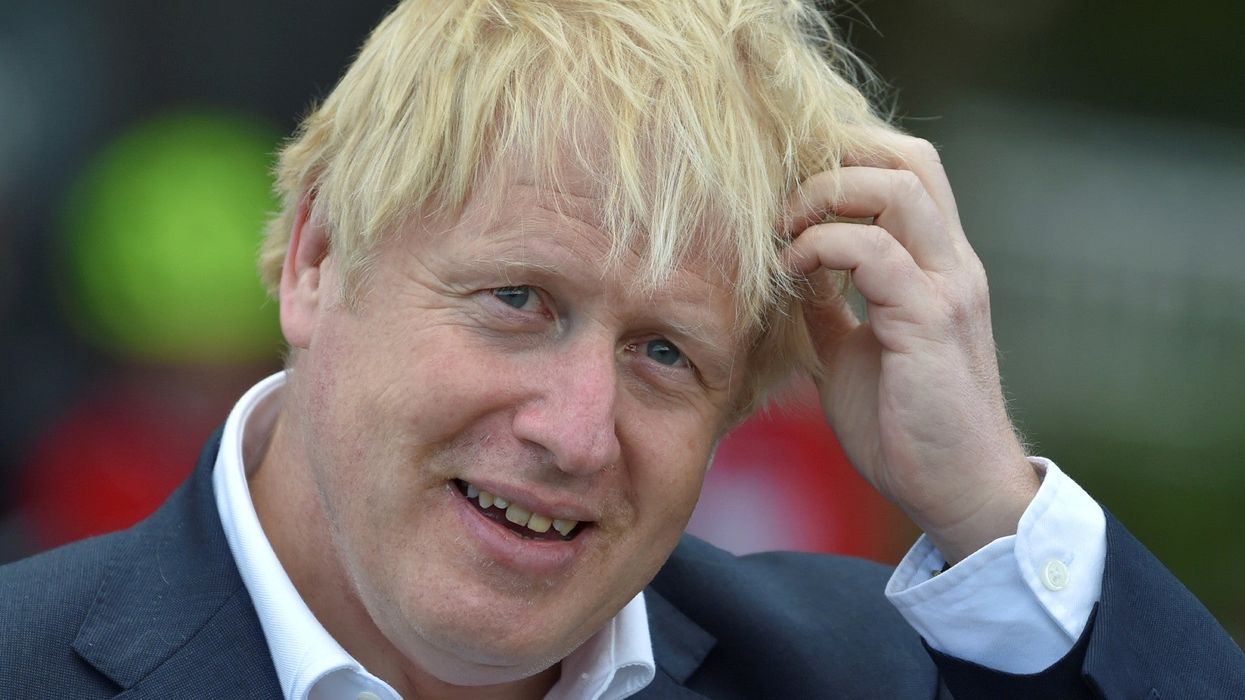News
Greg Evans
Jul 30, 2020

Picture:
Pool/ Reuters
A UK statistics Watchdog has found that Boris Johnson has been using inaccurate claims about the decline of child poverty under his government.
Although the prime minister has declared that poverty has gone down since he came to power in July 2019, the Office for Statistics Regulation, a regulatory arm of UK Statistics Authority watchdog, have highlighted that the statistics that Johnson has used to back up this claim are incorrect after it received a complaint from the End Child Poverty Coalition.
Johnson has been accused of using at least three misleading statements about ending child poverty in the UK. These were:
- On 1 December 2019 he said that there are "400,000 fewer children in poverty than there were in 2010" during an interview on the BBC's Andrew Marr Show.
- During the 17 June edition of PMQs he said "absolute poverty and relative poverty have both declined under this government" as well as "there are hundreds of thousands, I think 400,000, fewer families living in poverty now than there were in 2010."
- During 24 June edition of PMQs he said "there are 100,000 fewer children in absolute poverty and 500,000 fewer children falling below thresholds of low income and material deprivation."
Anna Feuchtwang, the chairwoman of the End Child Poverty Coalition, criticised Johnson for using statistics "selectively". In a letter she said:
While it is expected - and right - that child poverty should be the subject of robust political debate, it cannot be right that official figures on something as fundamental as how many children are in poverty continue to be used selectively, inaccurately and, ultimately, misleadingly.
It is deeply insulting to the children and families swept into poverty when data about them is used selectively and misleadingly at the whim of politicians. The simple fact is that by any measures child poverty is rising but instead of tackling the problem the Government risks obscuring the issue and misinforming the public. The lives of real people are at stake and we need consistent use of information and urgent action.
These sentiments were echoed by both the Child Poverty Action Group and Action for Children, as reported by Evening Standard, and were backed up by the OSR with their director-general Ed Humpherson, saying in a letter:
Our team has investigated the statements which you highlight (and has reached the same conclusion that these statements are incorrect).
Labour has since called for the PM to correct the record on the issue with the shadow education secretary Kate Green adding:
It is shameful that the Prime Minister is unable to tell the truth about the hardship faced by so many families struggling to make ends meet. Children and families in such difficult circumstances deserve better than this shabby treatment from an out-of-touch Prime Minister who has repeatedly failed to be honest about the challenges they face. The Prime Minister must now correct the record, both publicly and in Parliament, and ensure that when he next raises his Government's damning record on child poverty, he comes clean about what the stats are saying.
According to BBC, Downing Street has pointed towards a statement made by Johnson on 30 June in which he said:
Children living in workless households are around four times more likely to be in absolute poverty (after housing costs) than those where all adults work..As of December, the number of workless households has fallen by 1 million since 2010, meaning there are over 740,000 fewer children living in a household where no one works.
In a quote given to the Huffington Post, the OSR said:
Measuring poverty is complicated, and different measures tell different parts of the story. In this instance, the Office for Statistics Regulation published an article on its website which sets out the landscape of poverty statistics and suggests how they can be used.
We also wrote privately to the End Child Poverty Coalition, and spoke with officials in No.10 about how best to use poverty statistics. Where a response remains private, we nevertheless record it on our published issues log which is updated periodically and summarises anonymously all the issues brought to our attention.
Top 100
The Conversation (0)
x













